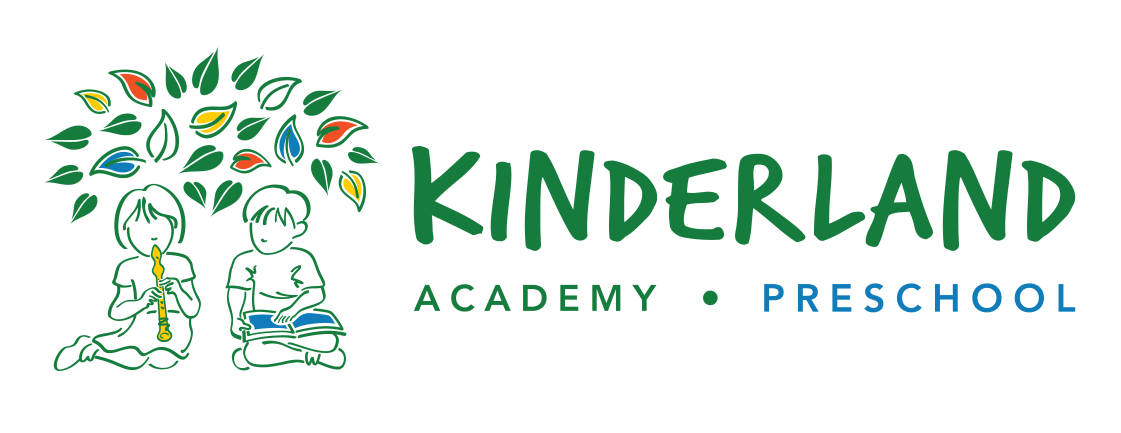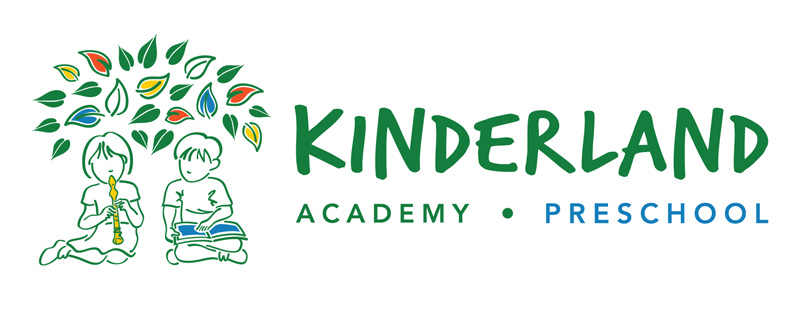Sustainability focuses on fulfilling our present needs without jeopardizing the ability of future generations to meet their own. ‘Sustainable Living’ emerged due to unsustainable consumption of resources such as trees, water, and fossil fuels. To ensure a secure future for our children and subsequent generations, we must change our approach to natural resource usage.
Sustainable eating, a crucial aspect of sustainable living, directly impacts the environment and our well-being. By incorporating sustainable eating habits in early childhood, we can help children understand the importance of sustainable eating from a young age, the environmental consequences, and the role they play in promoting eco-friendly habits.
The Importance of Sustainable Food Practices
The Food and Agriculture Organization of the United Nations (United Nations, n.d.) reports that food production and agriculture contribute to over one-third of global greenhouse gas emissions. Our current food system exacerbates climate change, deforestation, soil degradation, and resource depletion. Taking action is vital to ensure food security, ecosystem preservation, and maintaining a healthy lifestyle for current and future generations.
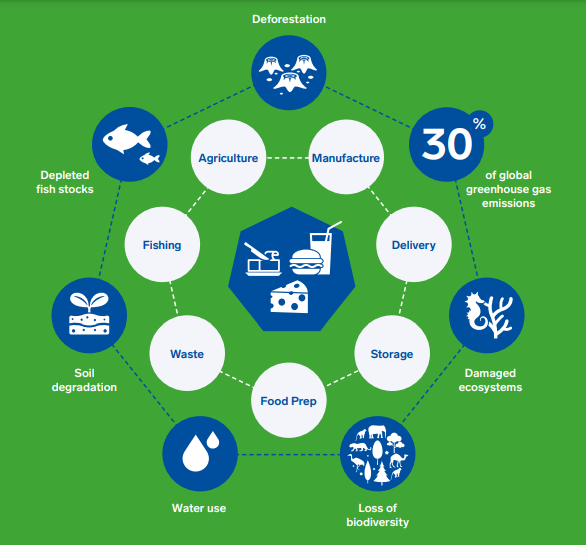
How current food systems damage our planet. Sourced from The Association of UK Dietitians
Food Waste and Its Impact
Food waste is a significant issue in Singapore, with food waste generation growing by 20 percent over the last decade. In 2021, Singapore generated around 817,000 tonnes (National Environmental Agency, n.d.) of food waste. Wasted food not only increases our carbon footprint but also squanders the resources used to produce, transport, and dispose of it. This contributes to climate change and affects food security, as Singapore imports over 90% of its food supply.
Our Role In Food Sustainability
Parents and educators play a vital role in educating children environmentally sustainable eating habits. We can encourage children to consume more vegetables, discuss the environmental impact of food choices, and involve them in food-related activities like gardening and cooking. By fostering an understanding of the impact of their food choices on the environment, children become more aware of the consequences of their choices. This awareness leads to responsible dietary decisions, contributing to a healthier and more sustainable future for both individuals and the environment.
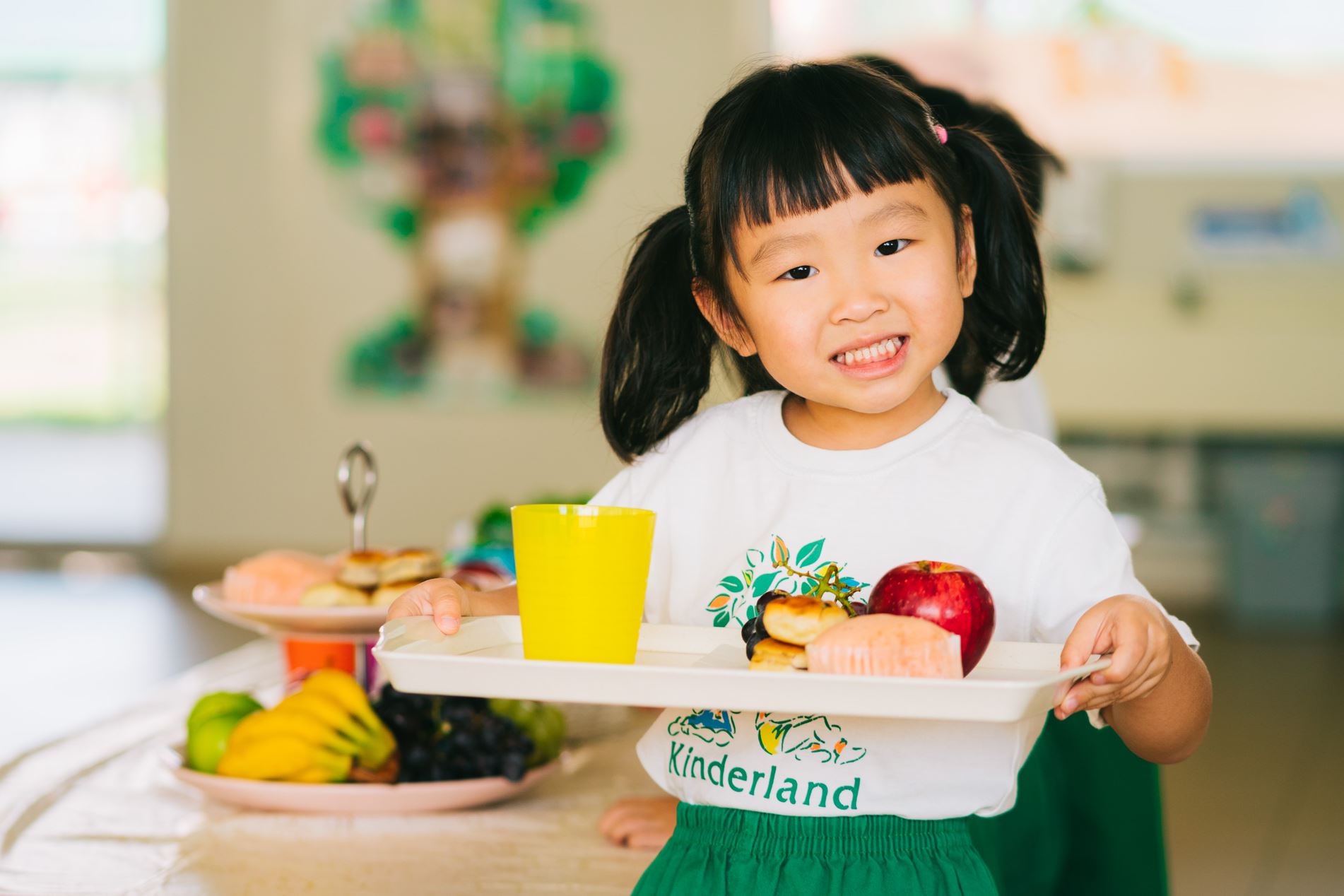
Children at Kinderland embrace both healthy and sustainable eating habits
Taking Action: Steps toward Food Sustainability
The Singapore Government (Singapore Government, 2021) suggests several strategies to promote food sustainability:
- Opt for more greens, less meat
Livestock rearing and transportation require large amounts of resources, impacting the environment. Consuming plant-based foods reduces this burden. - Avoid highly processed foods
These have a higher carbon footprint due to global ingredients and extensive manufacturing processes. Opting for whole foods minimizes environmental impact. - Choose whole grains
Non-refined carbohydrates require fewer resources to produce, as they involve fewer processing steps. - Reduce food packaging
Non-recyclable packaging harms the environment, as production uses considerable resources and generates harmful emissions. Choose products with minimal or recyclable packaging. - Limit grocery trips and buy local
Reducing trips to the grocery store or shopping at nearby locations and supporting local producers reduce your carbon footprint and support local economies.
Small Steps toward Sustainable Eating: Teaching Children to Reduce Food Waste and Encourage Food Growing Activity
At Kinderland Preschool @ Marine Parade, children participate in growing vegetables like choy sum and lettuce. Kinderland Academy @ Yio Chu Kang enhances this experience with its own thriving plantation, where a variety of fruits and vegetables, such as cucumbers, papayas, and pineapples, are cultivated. Through engaging in the process of growing and harvesting food, children gain a deeper understanding of the effort involved in producing the food they consume.
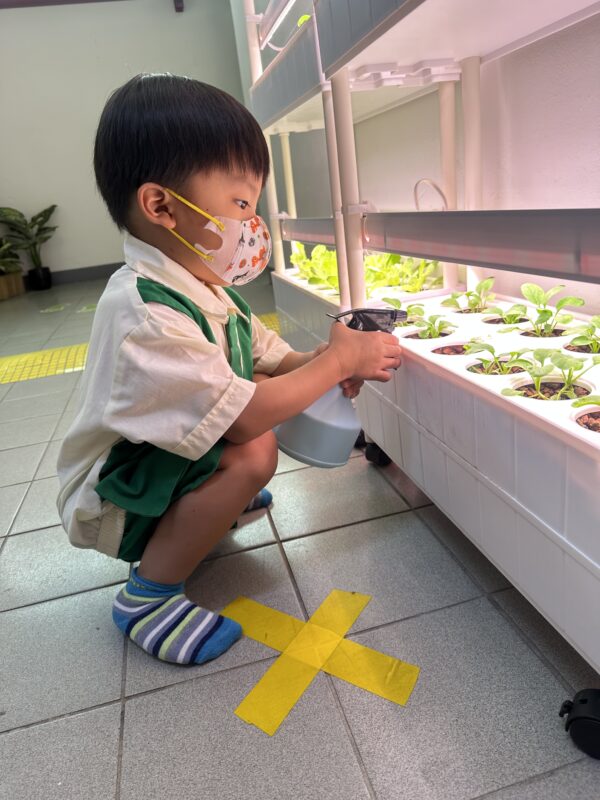
Jaylene, Kindergarten One student from Kinderland Preschool @ Marine Parade watering Choy Sum on a daily basis
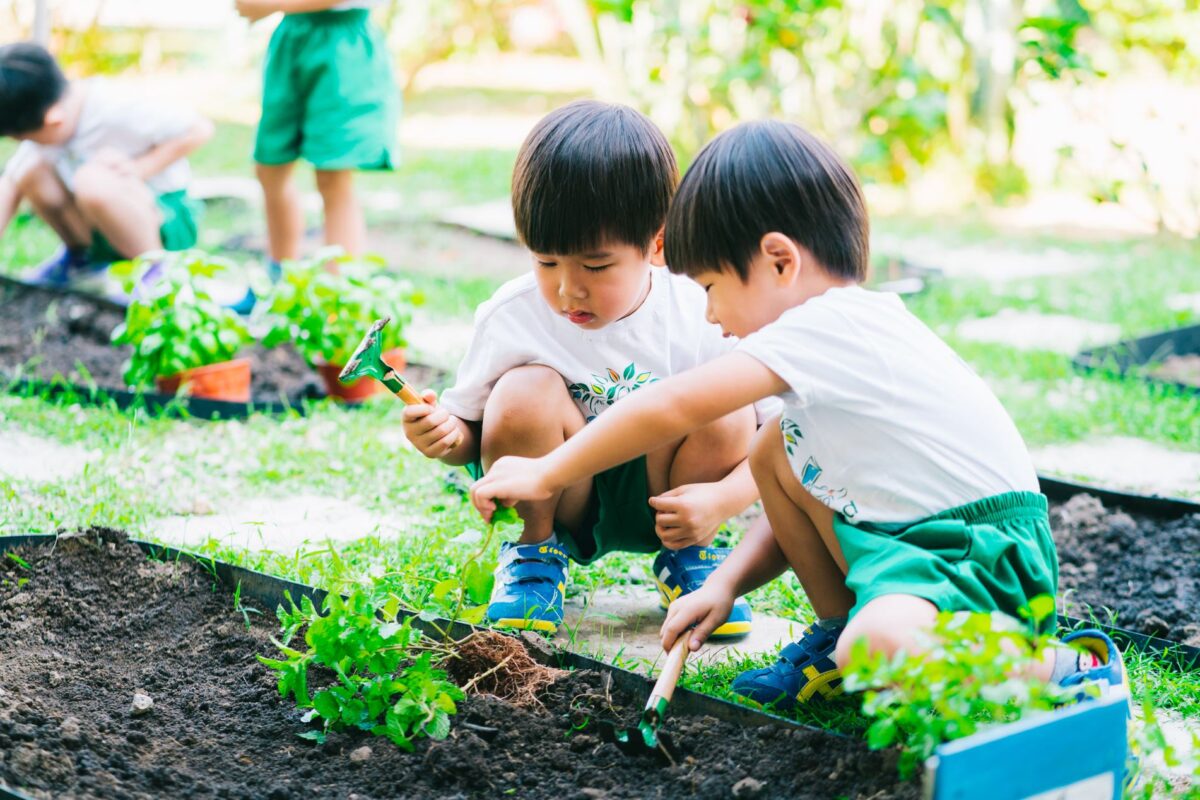
Children at Kinderland Academy @ Yio Chu Kang planting Peppermint Plants in the school garden
In addition to gardening, children are taught the importance of self-help and responsible food consumption. They are encouraged to only take the amount of food they can finish, emphasising the value of not wasting food. Through these experiences and practices, we empower our children to better understand the importance of sustainability and their role in preserving the planet for future generations.
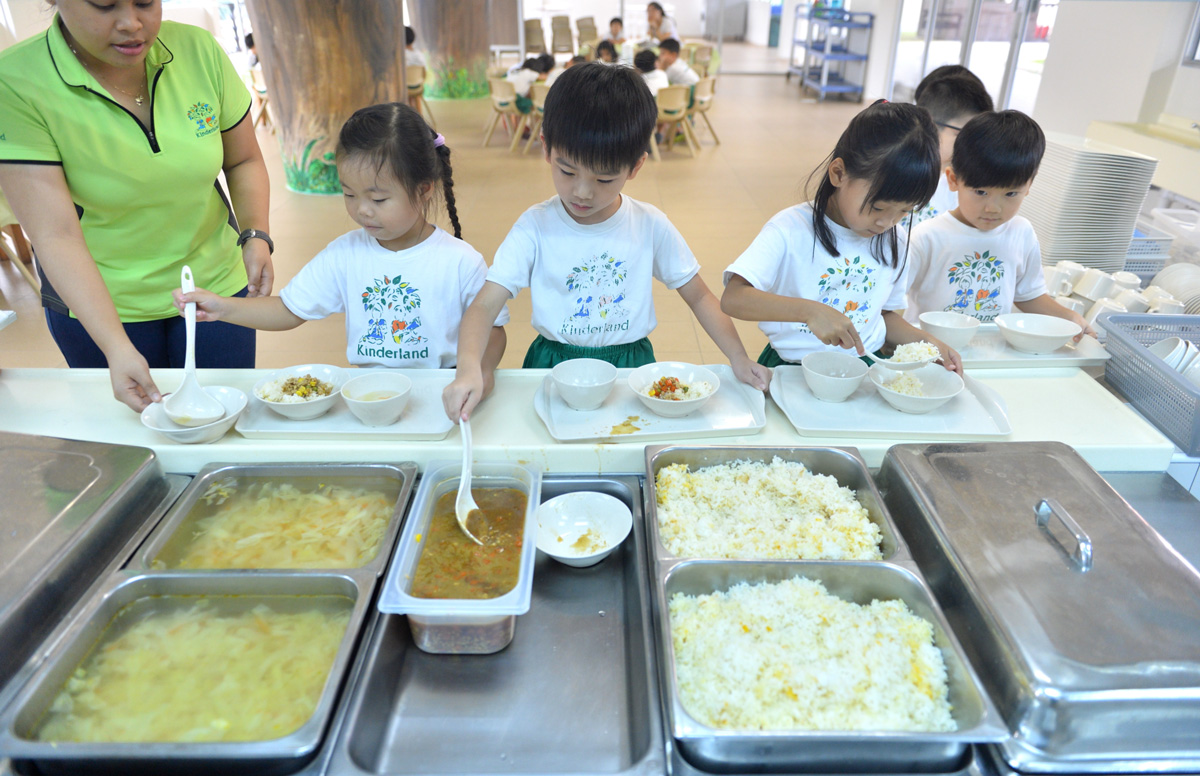
Children developed self-help skills and learn to take only the amount of food they can finish
References:
Agency, N. E. (n.d.). Retrieved from https://www.nea.gov.sg/our-services/waste-management/3r-programmes-and-resources/food-waste-management
Government. (2021, April 26). Retrieved from https://www.gov.sg/article/5-ways-to-eat-more-sustainably
Organization, F. a. (n.d.). Food and Agriculture Orgnization. Retrieved from United Nations: https://www.fao.org/news/story/en/item/1379373/icode/
